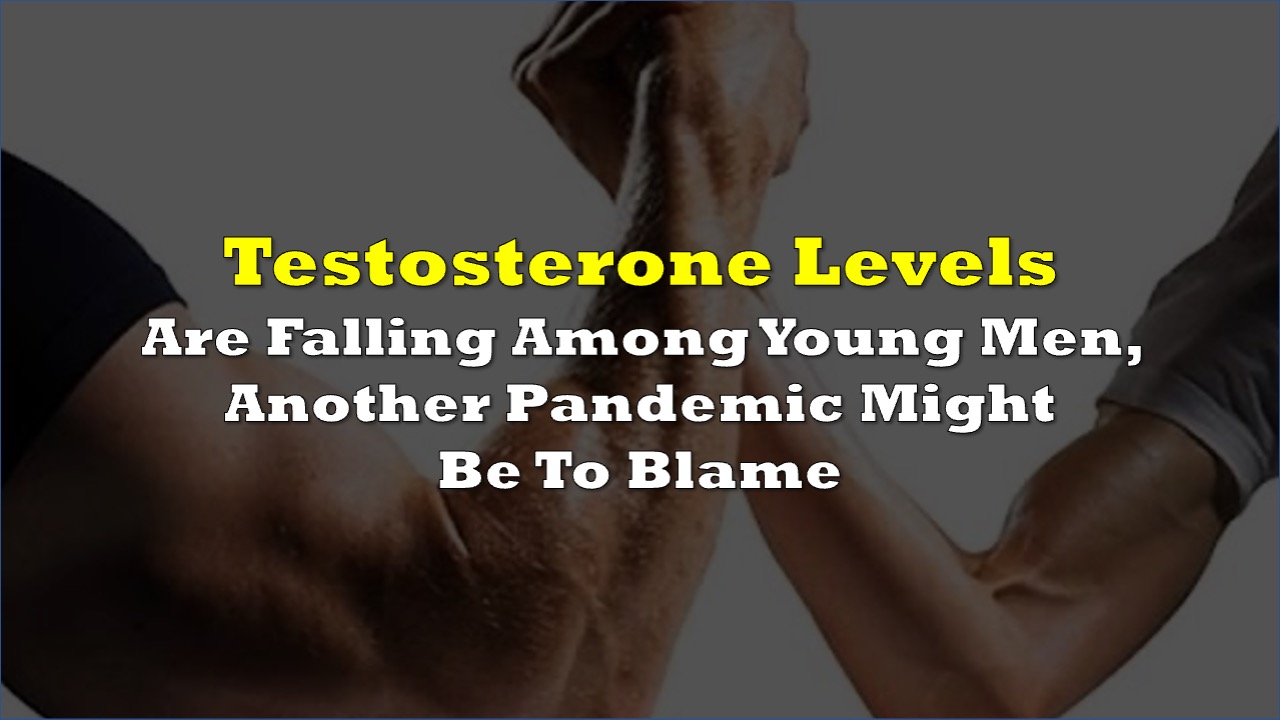Young men are increasingly retreating from society and experiencing feelings of loneliness and social isolation, according to a report published by The US Sun. The article suggests that plummeting testosterone levels in young men could be playing a role in this trend.
Studies conducted in 2006, 2007, and 2013 have shown that testosterone levels in young men on both sides of the Atlantic are declining.
Testosterone, a hormone produced by the gonads and adrenal glands, is not only responsible for regulating sexual desire but also plays a role in various aspects of physical and mental well-being. Low testosterone levels can lead to reduced body and facial hair, loss of muscle mass and bone density, and even infertility. They are also associated with dips in mood, increased social anxiety, and decreased prosocial behavior.
The article highlights several factors that contribute to the decline in testosterone levels. Obesity is a significant risk factor, as fat cells metabolize testosterone to estrogen, resulting in lower testosterone levels. A poor diet, particularly one high in bread and pastries, can also affect testosterone production.
Additionally, obesity reduces the levels of sex hormone binding globulin (SHBG), a protein that carries testosterone in the blood. Sedentary lifestyles and lack of exercise further exacerbate the issue, with a significant portion of adults in the US and the UK being overweight, obese, and physically inactive.
The article also points out the negative effects of extensive gaming and excessive consumption of pornography on testosterone levels. Video game anxiety and stress increase prolactin production, which interferes with testosterone production. Impaired sleep, which is prevalent in both countries, is strongly associated with low testosterone levels.
Similarly, a 2021 study from the Yale School of Medicine, which found that testosterone levels have declined in adolescent and young adult men (AYA) from 1999 to 2016, points to “increased obesity/BMI, assay variations, diet/phytoestrogens, declined exercise and physical activity, fat percentage, marijuana use, and environmental toxins” as potential causes.
“We’ve seen that lower values of testosterone have been associated with increased comorbidities and an increase risk for all-cause mortality. This decline specifically, in these young adult men, with increased obesity may lead to an increase in precocious cancer,” said Soum Lokeshwar, MD, MBA, a urology resident at Yale School of Medicine, New Haven, Connecticut.
He also added that a decrease in testosterone levels may result in a lower libido and an increased risk for erectile dysfunction.
“This is especially worrisome in this young adult age group, as many men feel stigma and are less likely to seek care for these low libido and erectile dysfunction,” he added, warning that testosterone decline in this age group may also significantly impact treatment of the deficiency.
“Testosterone levels in AYA men are used as the benchmark normal levels for testosterone. This is very scary, because generally, when we think of normal values of testosterone, we treat based upon this age group. This may ultimately lead to the undertreatment of testosterone deficiency, which can have large ramifications and severe consequences.”
Information for this story was found via the US Sun, Urology Times, and the sources and companies mentioned. The author has no securities or affiliations related to the organizations discussed. Not a recommendation to buy or sell. Always do additional research and consult a professional before purchasing a security. The author holds no licenses.










One Response
Great article, Thank you. However it would have been even better if the actual age group referenced in the study was mentioned. Just “young men” is relevant only to ones perception of young.